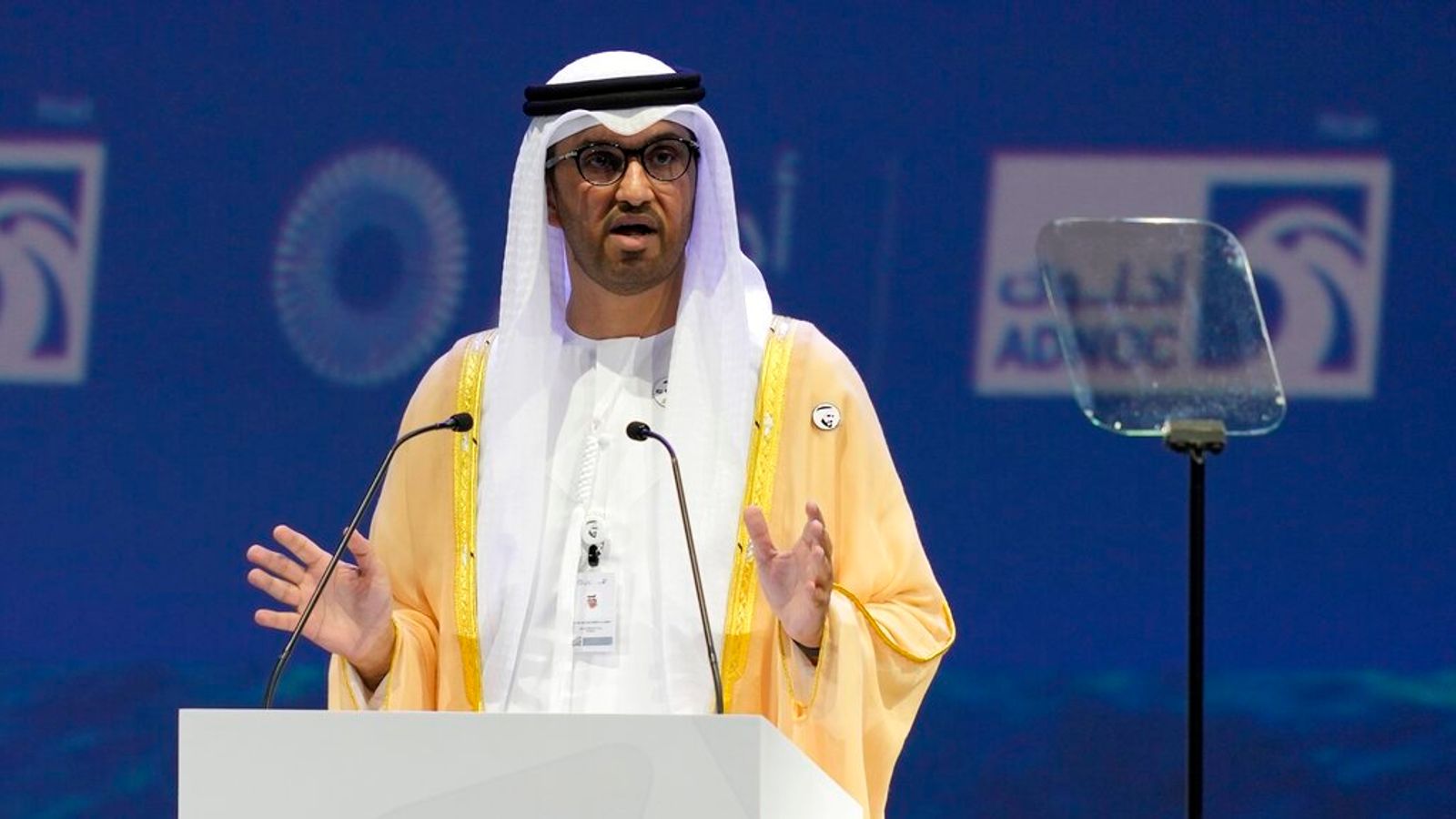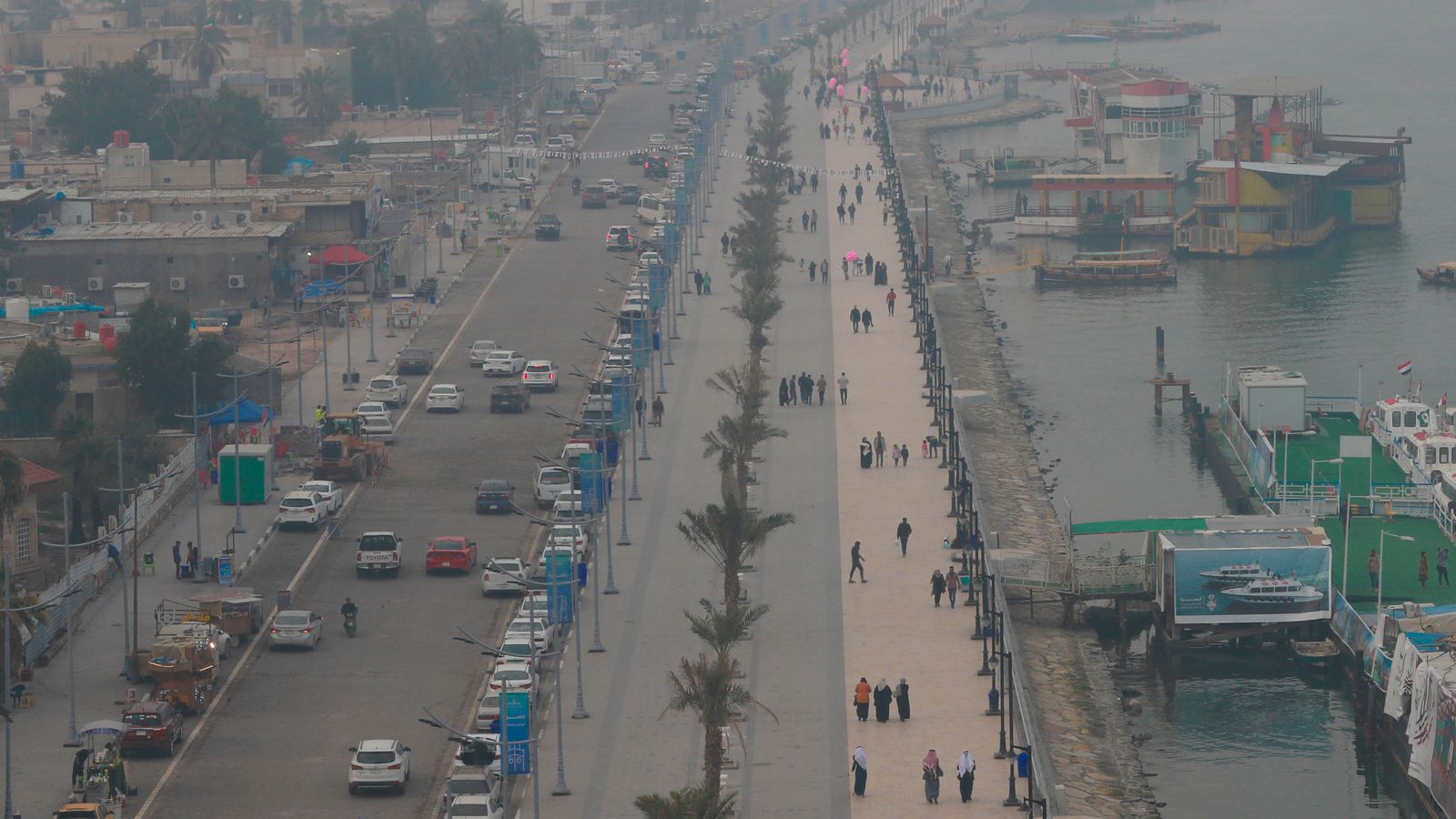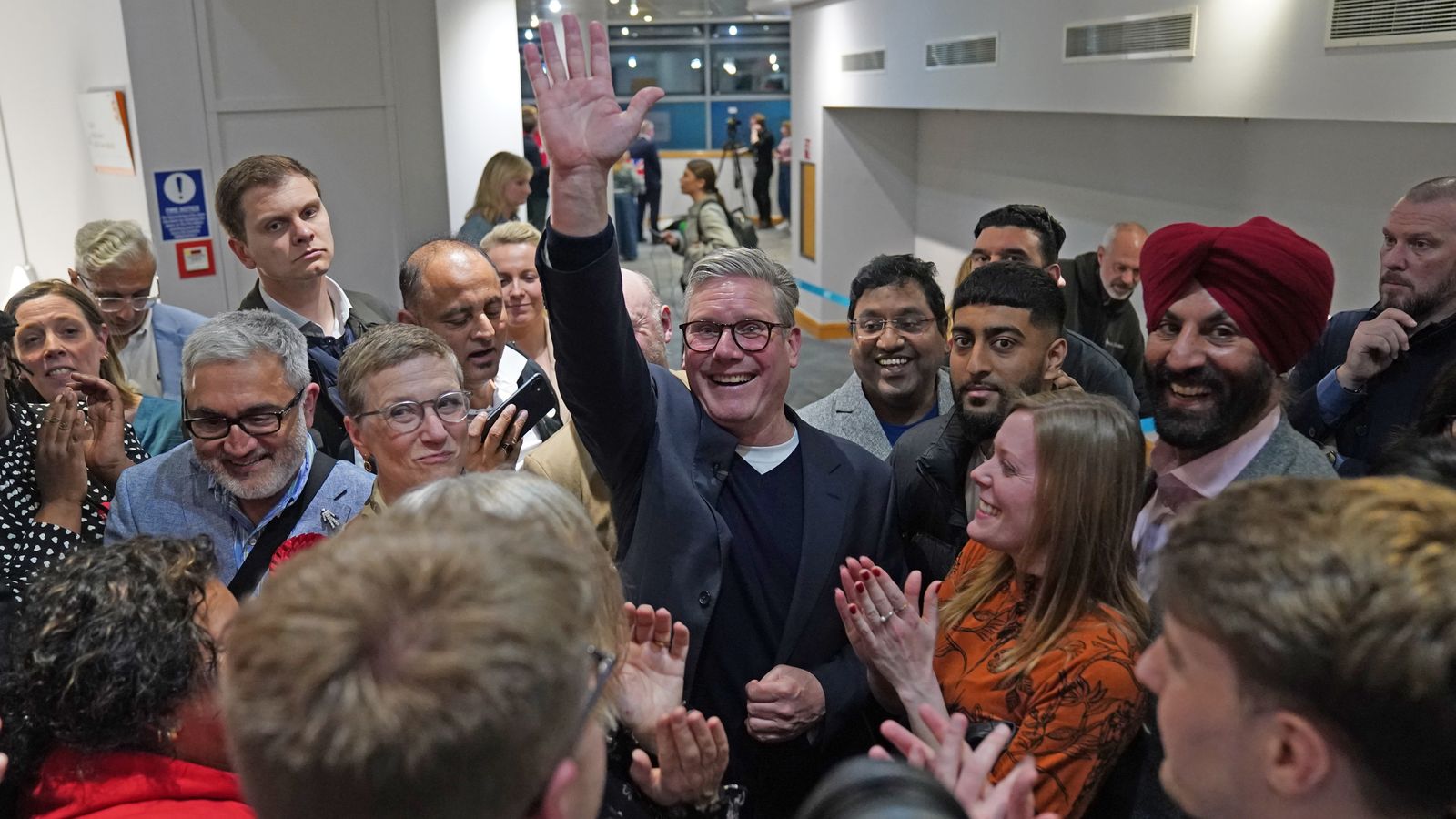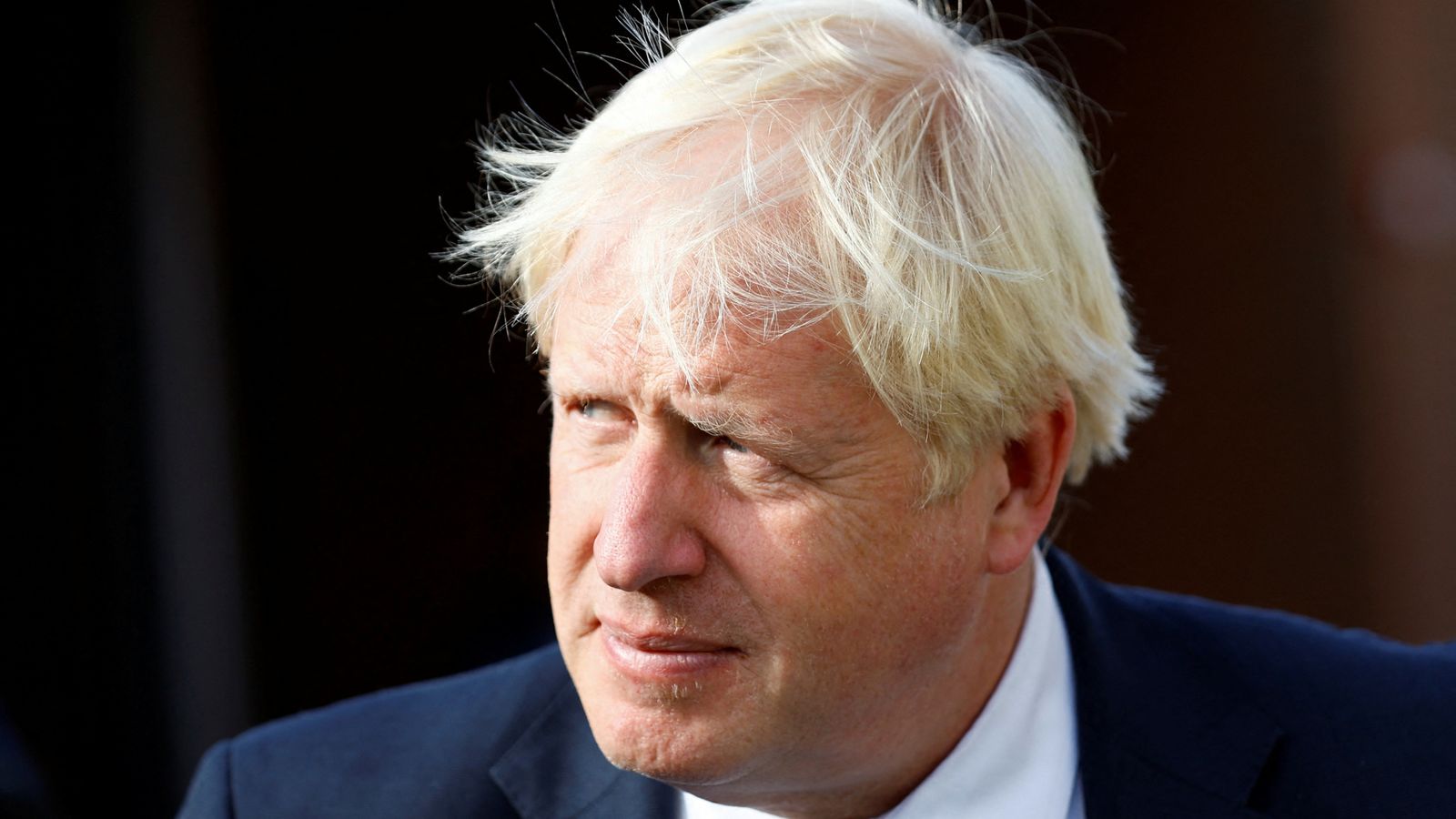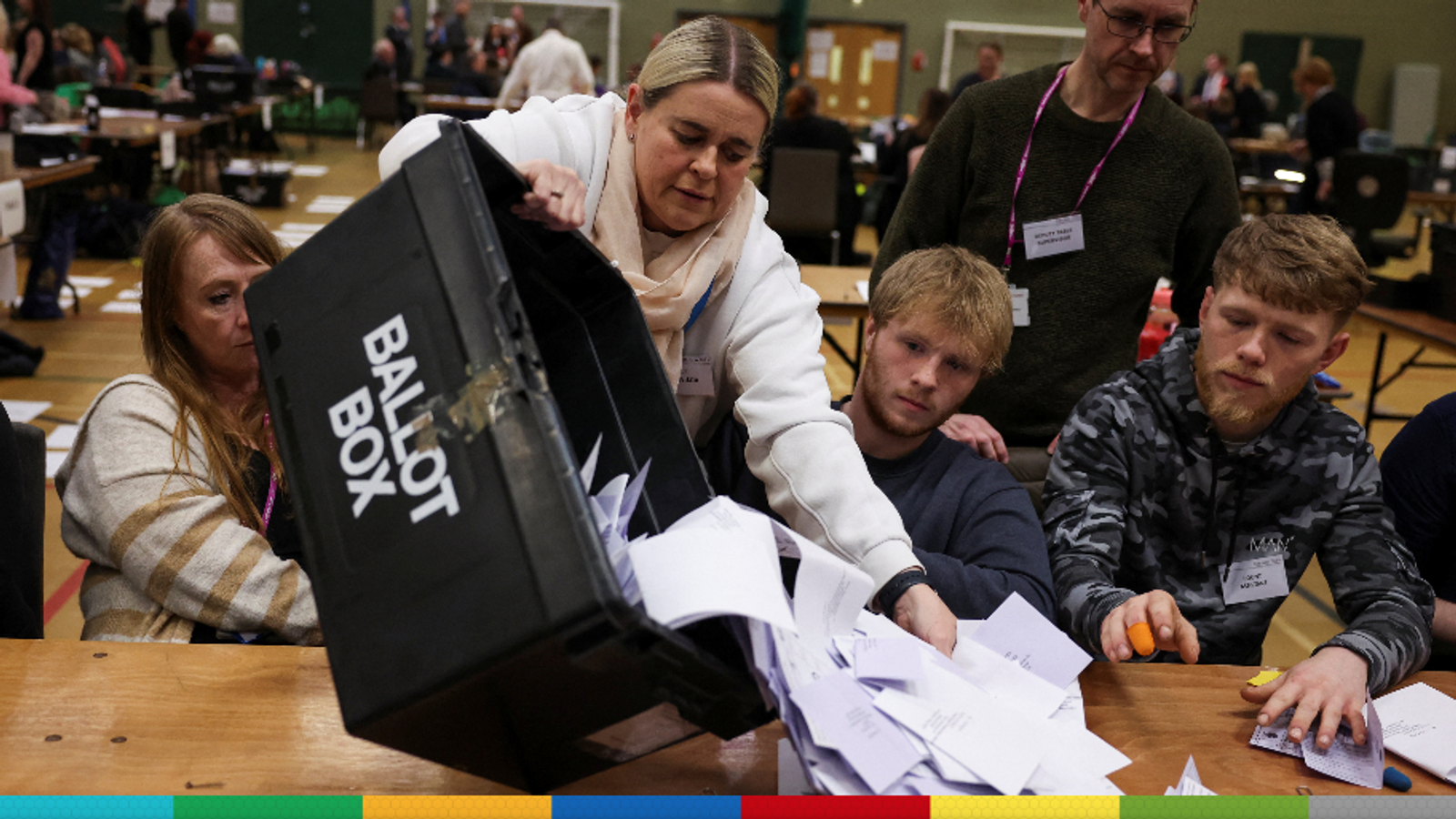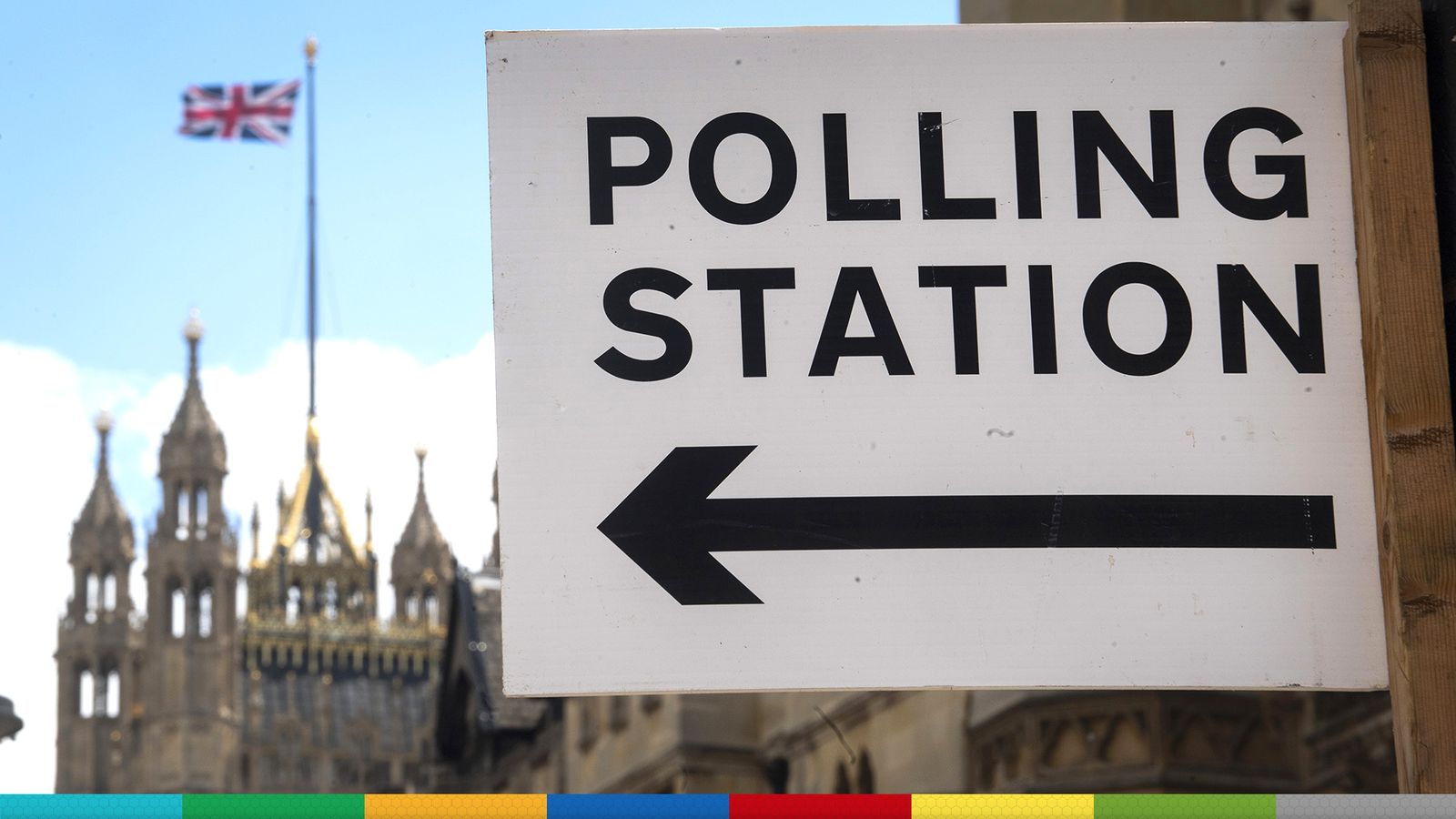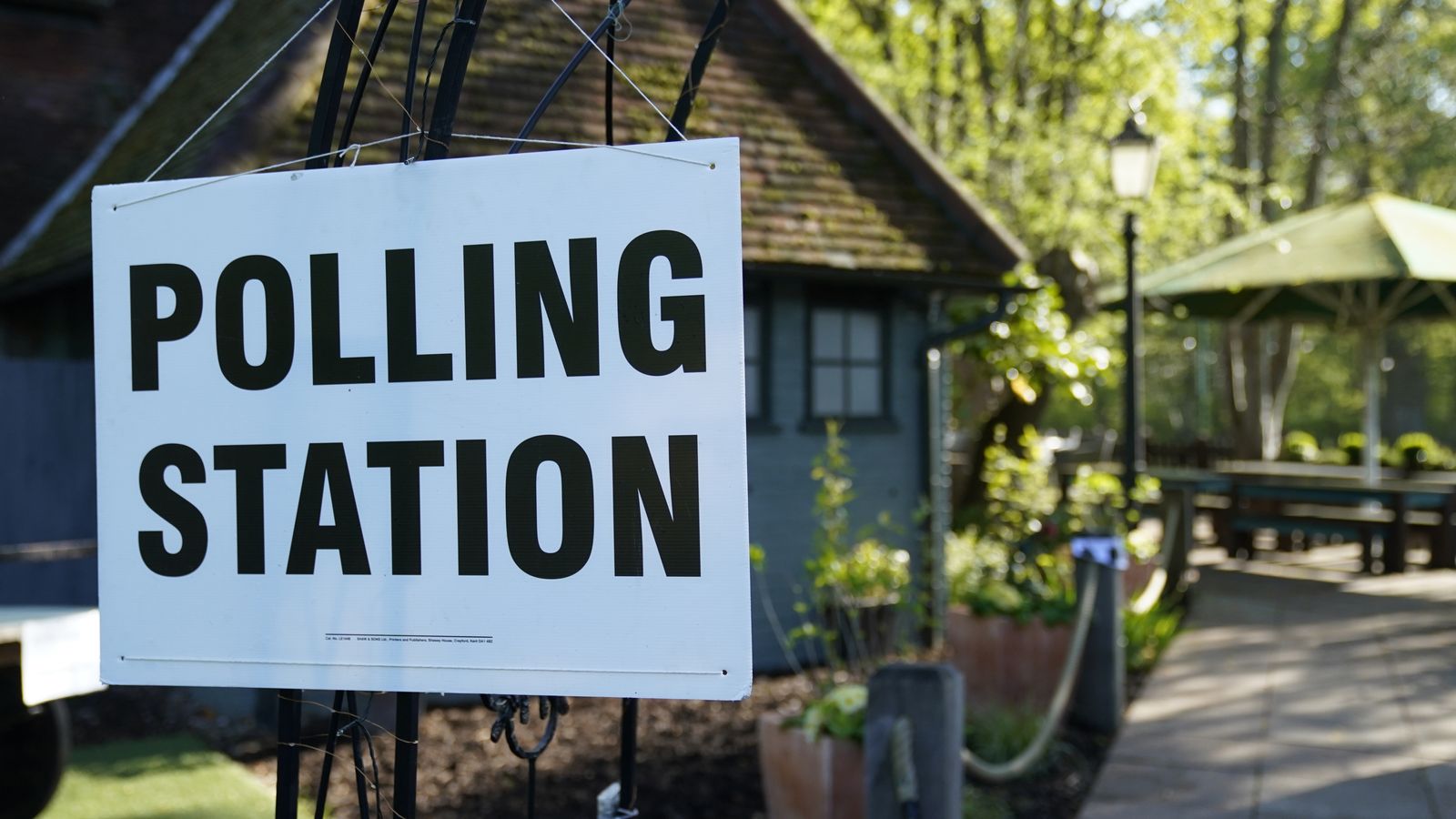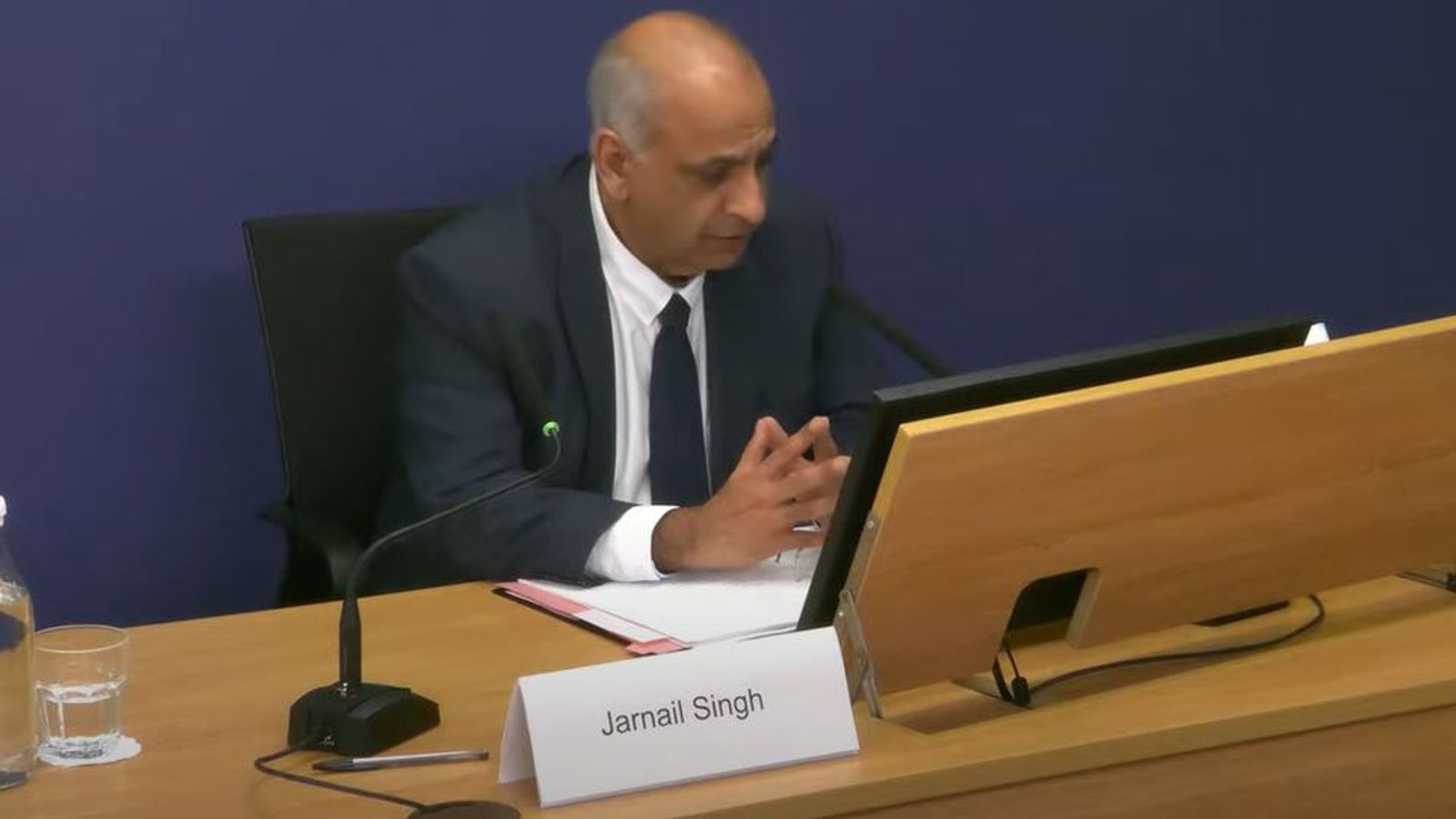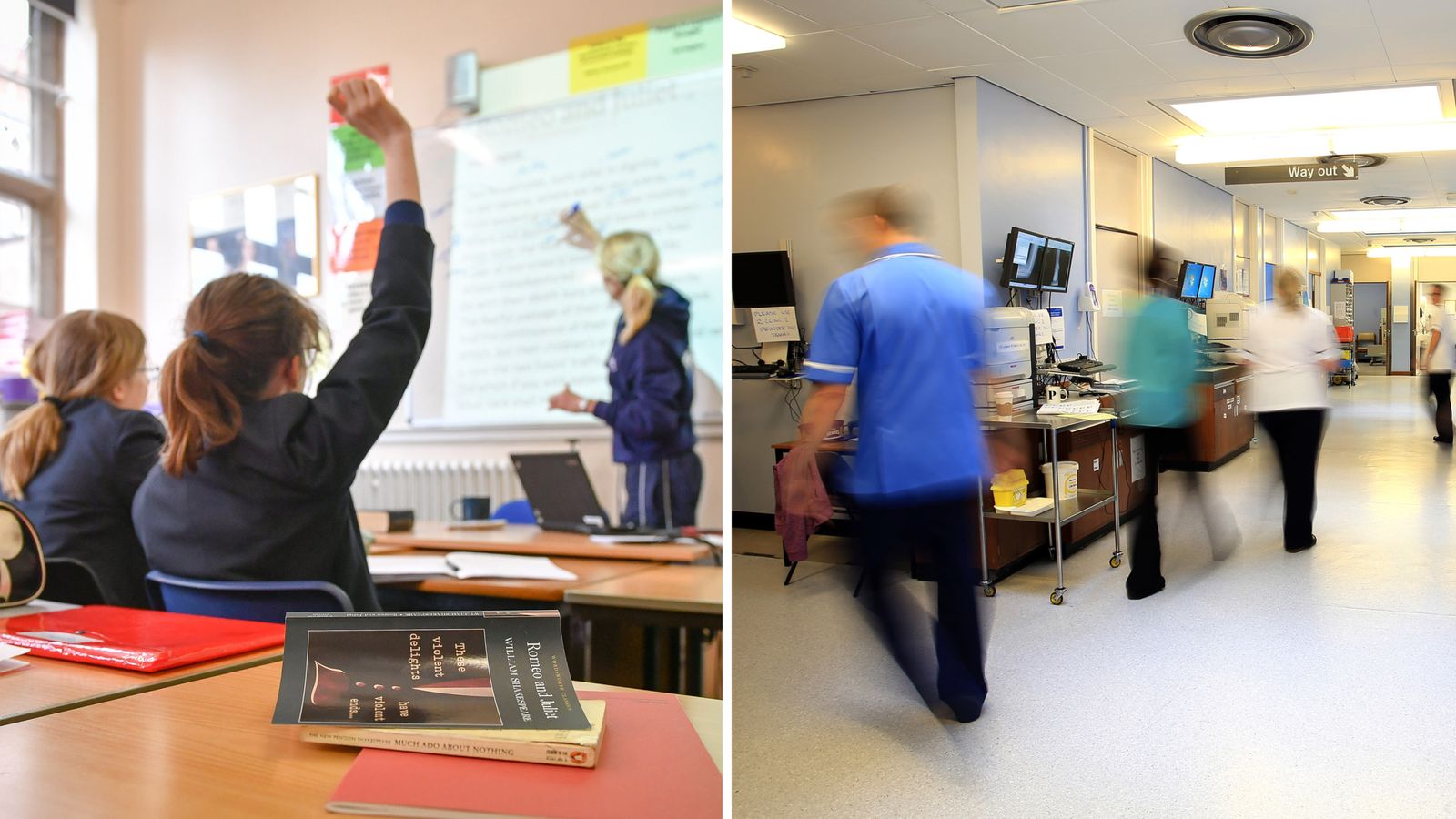
The government of the United Arab Emirates, one of the world’s biggest oil producers, will do a “superb job” of hosting this year’s COP28 climate negotiations, a government minister has said.
Many observers fear the Gulf petrostate is the wrong fit for the job of hosting the global climate talks, which agree the collective next step towards tackling climate change.
But Lord Zac Goldsmith, an influential environmentalist and Foreign Office minister, told an audience on Tuesday evening that he had been speaking “very regularly” with UAE ministers working on COP28 and was “very optimistic about it”.
The success of a COP depends largely on the nation holding the presidency, which should drive the direction of the talks, build consensus and hold laggard governments to account.
Some environmentalists have questioned whether oil-producer UAE, which has close ties to others like Saudi Arabia, will lack ambition in getting the world off fossil fuels, preferring to focus on solutions rather than causes.
But at a discussion about COP negotiations at the Canadian embassy in London, Lord Goldsmith said: “I love the fact that they’re putting so much emphasis on nature.”
“I think the UAE is going to do a superb job” and we are “going to see something very important happening,” he added.
His comments may raise eyebrows but are not surprising.
Complex climate negotiations are an exercise in diplomacy, and, in public, delegations usually only ever speak politely about other specific countries.
US Climate Envoy John Kerry has also voiced support for the appointment.
Read more from Sky News:
What is the Doomsday Clock and how does it work?
People ‘could live longer’ with better home insulation
Coal power on standby during cold snap
A controversial appointment
But campaigners have condemned the UAE’s decision to appoint an oil executive as COP28 president, likening it to allowing arms dealers to lead peace talks.
Sultan Ahmed al-Jaber is the CEO of the state-run Abu Dhabi National Oil Co, one of the world’s biggest oil producers.
He is also the UAE government minister for industry and advanced technology and the founding CEO of renewable energy company Masdar.
The UAE draws at least 30% of its GDP from the oil and gas industry, while exports provide the great majority of government revenue, according to the US Department of Commerce.
It has also set a goal to reach net zero by 2050 and invested heavily in renewables.
Hope UAE could break ‘unhealthy’ divide
Canada’s climate ambassador, Catherine Stewart, echoed Lord Goldsmith’s sentiment, saying the UAE ministers and ambassadors have “a lot of ambition on climate solutions, in energy transition, in clean technology, innovation”.
It is “very important” that COP summits are “an inclusive process, that everybody has a voice,” said Ms Stewart, speaking on the same panel, organised by the All Party Parliamentary Environment Group, representing a cross-section of MPs.
The UAE team is also “very well-versed” on key negotiating issues at this year’s talks, she said, including efforts to adapt to climate breakdown and details of a new fund to pay for damage in poor nations struck by climate disasters.
The agreement at the last talks in 2022, COP27 in Egypt, to set up the first such fund in history was celebrated as a victory for vulnerable nations.
But key sticking points, such as who should pay in to the fund, still need to be agreed.
The European Union led the push-back on proposals to see only “developed” countries pay in.
These groupings are based on an outdated list from 1992, which would class countries which are major economies, like China and Saudi Arabia, as developing countries, exempting them from paying in.
Ms Stewart said the UAE was well-placed to break the “unhealthy” divide between developed and developing countries.
The state is not considered a developed country, yet has “a lot of means to be able to support developing countries,” she said.
Speaking more broadly about the process, Lord Goldsmith said not every country “approaches COPs with good intentions or engages in good faith”.
The nature of the talks – which are based on consensus, meaning everyone must reach agreement – makes it “relatively easy for a few countries to really knock the process sideways,” he said.
Watch the Daily Climate Show at 3.30pm Monday to Friday, and The Climate Show with Tom Heap on Saturday and Sunday at 3.30pm and 7.30pm.
All on Sky News, on the Sky News website and app, on YouTube and Twitter.
The show investigates how climate change is changing our landscape and highlights solutions to the crisis.

